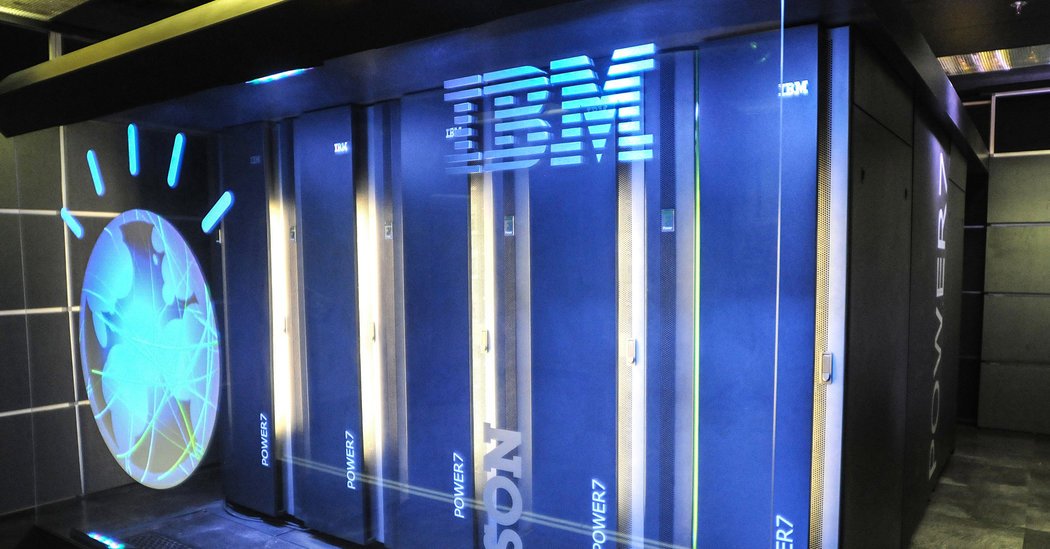“When it comes to traditional portfolio management, managers are going to talk to analysts and sector specialists, but these people have biases and incentives,” he said. “The algorithm doesn’t have them.”
What it also doesn’t have is a superior track record. Between Oct. 18, when it began trading, and the end of the year, the E.T.F. rose 3.1 percent, compared with a 5.1 percent gain for the Standard & Poor’s 500-stock index.
Mr. Amador attributed the underperformance to a normal variability in returns. The fund’s programming beat the market when tested against historical data, he said, and he expects the same in real life as time passes.
Others aren’t so sure how effective A.I. will be when put in charge of otherwise ordinary funds. Robert Arnott, chairman of the investment firm Research Affiliates, noted that A.I. can process immense amounts of data; the flip side is that it needs immense amounts of data for the algorithms to learn.
Certain activities, like high-frequency trading, process market information tick by tick and seek to profit from making numerous trades and holding positions for matters of hours or minutes. Compared with conventional investing, this sort of trading gives A.I. programs more data, Mr. Arnott said, but it is limited in scope to patterns related to stock price movements, not the broader economic and commercial landscape.
When it comes to managing long-term portfolios, however, there are too many moving parts in financial markets for A.I. to get its mechanical head around, in his view, and too many humans with flaws, motivations and unpredictable behavior doing the moving. He says the markets are far more complex than the games like chess and backgammon that A.I. algorithms have mastered.
Tim Clift, chief investment strategist at Envestnet PMC, a firm that helps build portfolios, said that while artificial intelligence can give managers an edge, it is “a little gimmicky at this point.”
“We know the markets are irrational, especially in the short term,” he said, “but the machines aren’t going to know how to behave in that kind of environment.”
Gregg Fisher, a portfolio manager at the Gerstein Fisher Funds, cautioned that A.I. programs could be stumped by off-the-wall and out-of-the-blue developments that have no obvious analogues in their databases.
They learn “by studying past patterns that they expect to continue,” he said. Referring to the events that precipitated the global financial crisis, he wondered: “How would A.I. have observed and planned for that? The quantity of different things that can happen is seemingly unlimited.”
But for advocates of A.I., like Mr. Harvey at Duke, the ability to gather data and put it to good use also seems to be unlimited. He expects great strides in machine learning in the decades to come, allowing A.I. to assume a major role in how funds are managed and by whom.
“Larger firms will be providing information to managers that other firms have no chance of getting” because they can’t afford the necessary data management systems, he said. The result will be “15 to 25 investment management superpowers that can harvest all that data.”
Maybe so, but some investment professionals prefer to give the final say to portfolio managers who were born, not made.
“I’m a fan of automating everything possible, but having a human being push the last button is still a good thing,” Mr. Fisher said. “Hopefully, we all get better and better and smarter and smarter, but there’s something comforting about having an informed human being with sound judgment at the end of the process.”
By CONRAD DE AENLLE
https://www.nytimes.com/2018/01/12/business/ai-investing-humans-dominating.html
Source link


